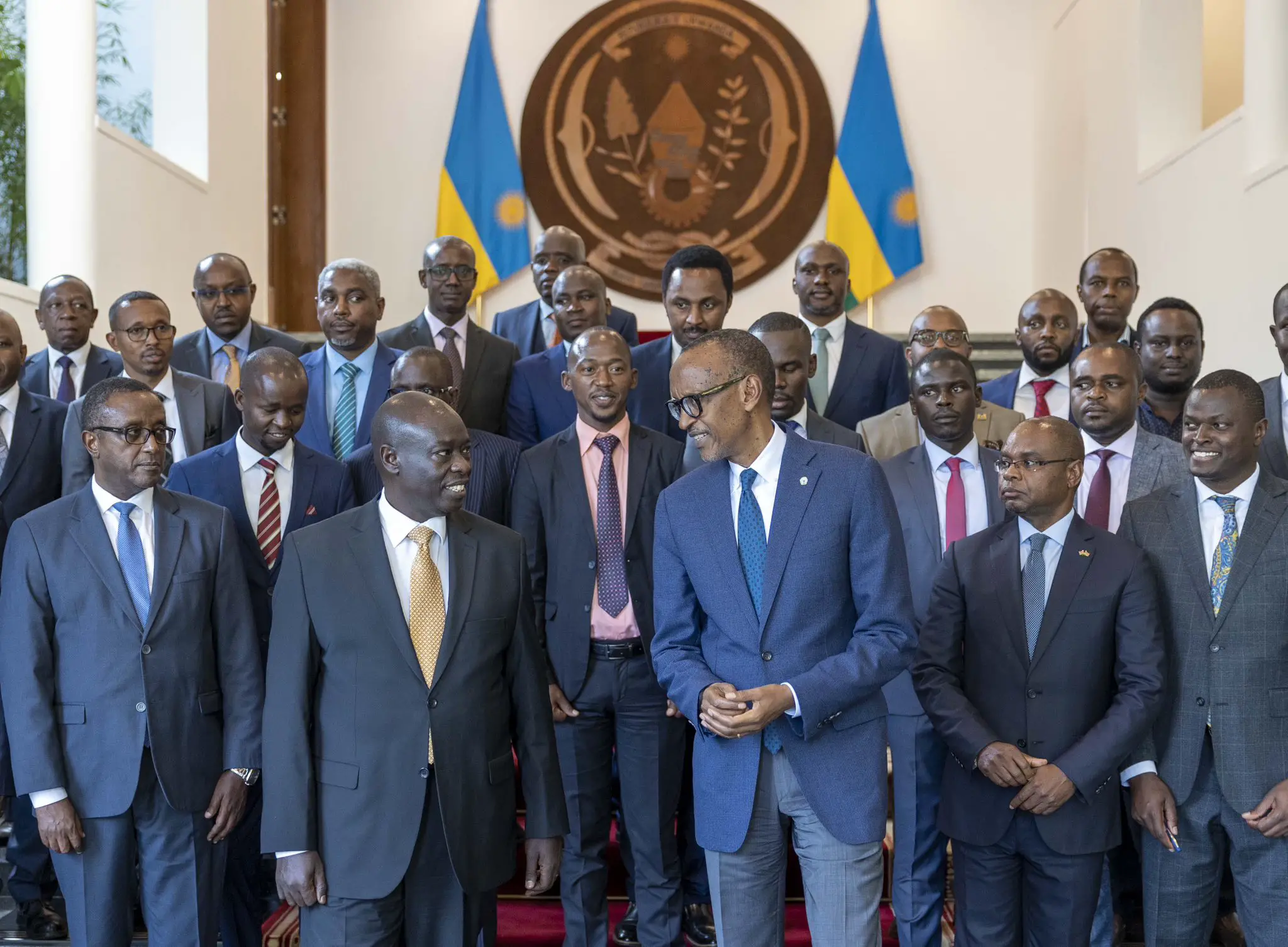Abstract:
Insurance plays a crucial role in the economic development and stability of Africa. Despite the continent’s vast potential, insurance penetration remains low, presenting both challenges and opportunities for growth. This report provides a comprehensive analysis of the current landscape of insurance in Africa, examining key trends, challenges, and opportunities facing the industry. Additionally, it explores strategies for enhancing insurance penetration and fostering sustainable growth in the African insurance market.

Africa is a continent of immense opportunity, yet it faces numerous challenges in achieving sustainable development and economic growth. Insurance, as a risk management tool, plays a vital role in mitigating risks, protecting assets, and fostering resilience in the face of uncertainty. However, insurance penetration in Africa remains significantly below global averages, presenting a critical gap that must be addressed to unlock the continent’s full potential. This report aims to provide an in-depth analysis of the insurance industry in Africa, highlighting key trends, challenges, and opportunities for growth.
1. Overview of the African Insurance Market:
– The African insurance market is diverse, comprising a wide range of products and services catering to various segments of the population.
– The market is characterized by a mix of traditional and modern insurance providers, including multinational insurers, regional players, and microinsurance providers.
– Insurance penetration and density in Africa are among the lowest in the world, reflecting challenges such as low income levels, limited awareness of insurance products, and regulatory constraints.
– Despite these challenges, the African insurance market presents significant growth opportunities, driven by factors such as demographic trends, urbanization, and rising middle-class populations.

– Digitization and technological innovation are reshaping the insurance landscape in Africa, driving the development of new distribution channels, innovative products, and personalized services.
– Microinsurance is gaining traction as a means of extending insurance coverage to low-income and underserved populations, leveraging mobile technology and community-based networks.
– Parametric insurance is emerging as a proactive solution for managing climate-related risks in agriculture, providing timely payouts based on predefined triggers such as weather indices.
– Insurtech startups are disrupting the traditional insurance industry in Africa, offering digital platforms, AI-driven underwriting, and data analytics to enhance efficiency and customer experience.
How To Prevent Cavities Naturally: EFFECTIVE STRATEGIES [2024]
NEW: Cosmetic Dentistry Insurance, What’s In and What’s Out, Important background Information[2024]
The Luxury Toothpaste Trend: Worth the Price Tag? (2024 INSIGHTS)
Hidden Costs of Oral Health Neglect and How to Avoid Them (2024)
3. Challenges Facing the African Insurance Industry:
– Low insurance penetration and awareness remain significant barriers to growth in the African insurance market, particularly in rural and underserved areas.
– Regulatory constraints, including limited enforcement of insurance laws and regulations, hinder the development of a robust and competitive insurance market in many African countries.
– Infrastructure challenges, such as inadequate road networks and limited access to technology and telecommunications, pose logistical challenges for insurance distribution and operations.
– Socioeconomic factors, including high levels of poverty, unemployment, and income inequality, limit the affordability and accessibility of insurance products for many Africans.
4. Opportunities for Growth and Expansion:
– Increasing urbanization and a growing middle class present opportunities for expanding insurance coverage in urban centers and emerging markets across Africa.
– Rising awareness of the importance of insurance, coupled with growing demand for protection against emerging risks such as climate change, cyber threats, and pandemics, creates a favorable environment for market expansion.
– Partnerships between insurers, governments, and international organizations can facilitate the development of innovative insurance solutions and promote financial inclusion in underserved communities.
– Investment in education and consumer awareness initiatives can help overcome barriers to insurance uptake and promote a culture of risk management and financial planning among African consumers.
 5. Strategies for Enhancing Insurance Penetration:
5. Strategies for Enhancing Insurance Penetration:
– Tailoring insurance products and services to meet the specific needs and preferences of African consumers, including affordability, flexibility, and accessibility.
– Leveraging technology and digital platforms to reach underserved populations, streamline insurance processes, and enhance customer experience.
– Strengthening regulatory frameworks and enforcement mechanisms to promote market stability, consumer protection, and industry competitiveness.
– Promoting financial literacy and education to increase awareness of insurance products, risks, and benefits among African consumers and businesses.
– Fostering collaboration and partnerships between insurers, governments, NGOs, and other stakeholders to address systemic challenges and drive inclusive growth in the African insurance market.
The African insurance market holds immense potential for growth and development, yet it faces numerous challenges that must be overcome to unlock its full potential. By embracing technological innovation, expanding access to insurance, and addressing regulatory and socioeconomic barriers, the insurance industry in Africa can play a transformative role in promoting economic stability, resilience, and prosperity across the continent. Through collaboration, innovation, and a commitment to social impact, insurers can help build a more resilient and inclusive Africa for future generations.